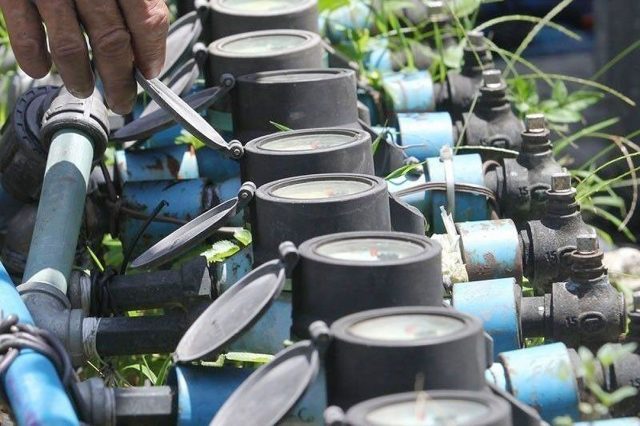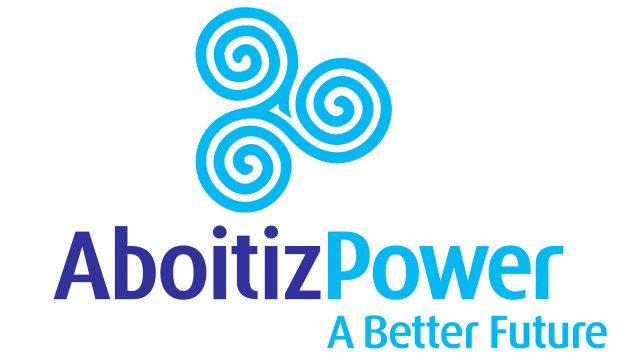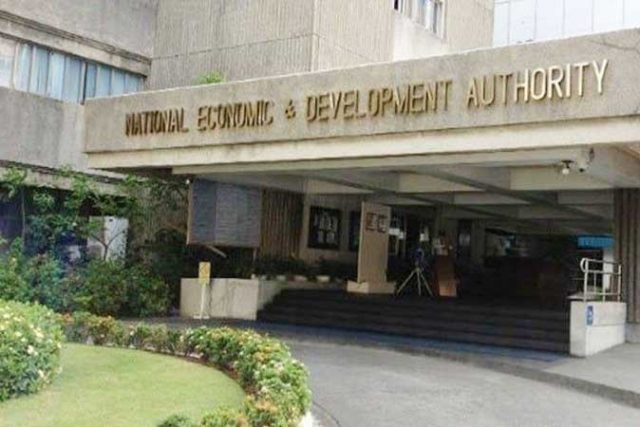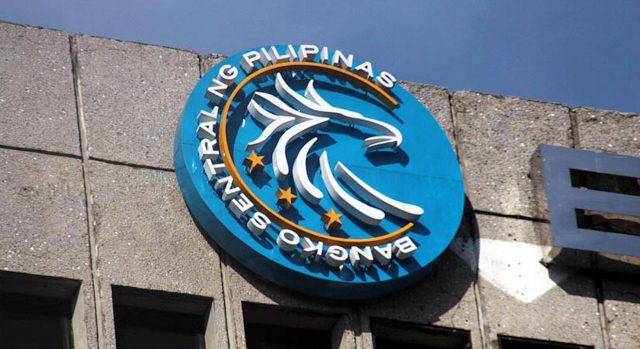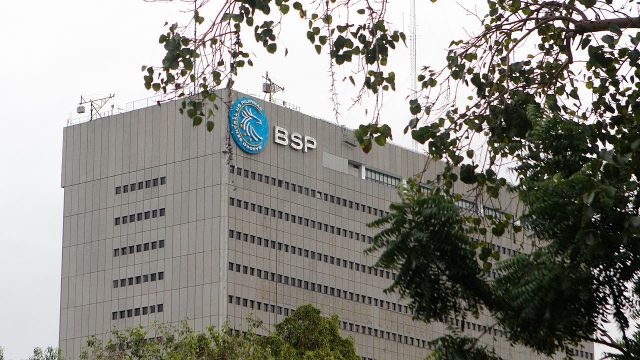Manila Water says to invest P8 billion in Pangasinan project
Manila Water Co., Inc. is investing P8 billion in a bulk water project in Pangasinan.
In a disclosure to the stock exchange, the company said it received the notice of ward from the Provincial Government of Pangasinan (PGP) for the joint venture project to supply bulk water to the province.
The project will be undertaken by the consortium composed of Manila Water and its wholly-owned subsidiary Manila Water Philippine Ventures, Inc.
“Upon completion of the conditions precedent, the Consortium and PGP shall sign a concession agreement to implement that project that has an estimated capital expenditure program of P8 billion over the 25-year contract period. It is estimated to deliver a billed volume of 200 million liters per day by Year 25,” the listed water firm said.
In a separate disclosure, Manila Water said it has recently signed with the state-run Metropolitan Waterworks and Sewerage System (MWSS) to amend its revised concession agreement (RCA).
The amendment sought to change the effective date, as well as the review and revision of the common purpose facilities agreement to “no later than Nov. 18, 2021.”
“The amendment synchronizes the effectivity dates of the revised concession agreements of the concessionaires (Manila Water and Maynilad Water Services, Inc.) of MWSS, as both concessionaires await the completion of the same remaining conditions to the effectivity of their respective RCAs,” the firm said.
Manila Water is the exclusive provider of water and used water services to the East Zone of Metro Manila and the Rizal province.
Shares of Manila Water in the local bourse shed 0.65% or 12 centavos to finish at P18.48 apiece on Friday. — Angelica Y. Yang

